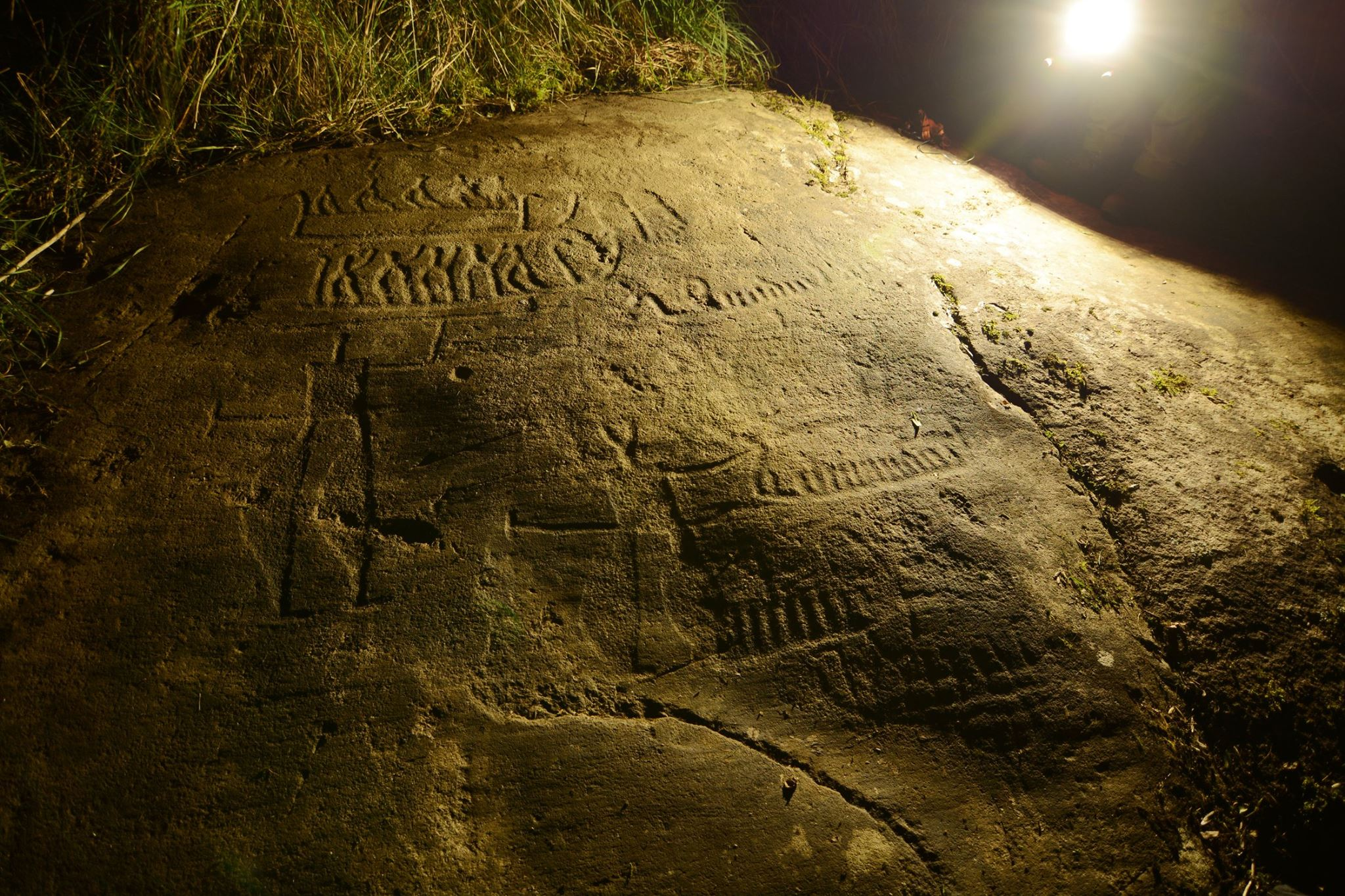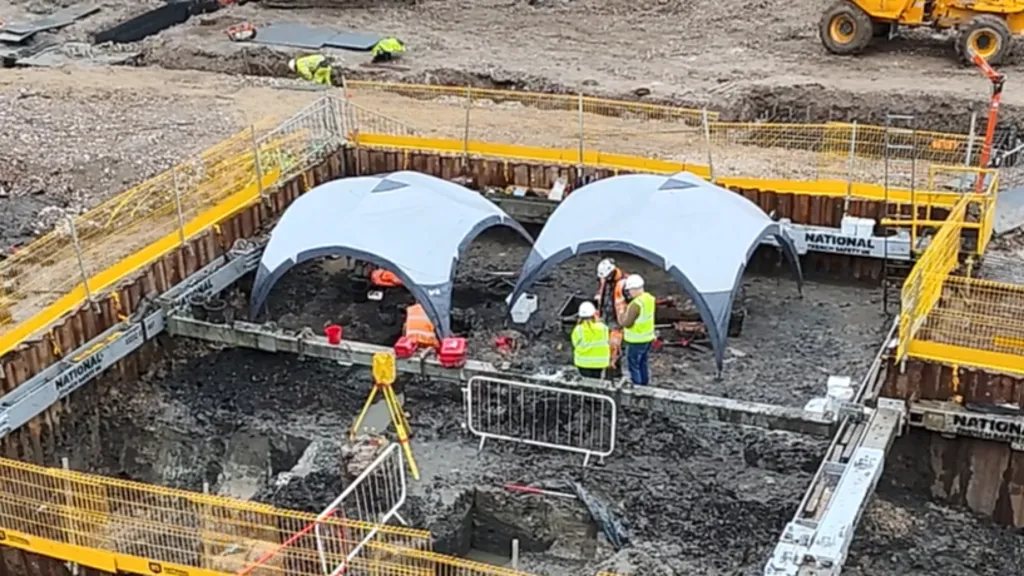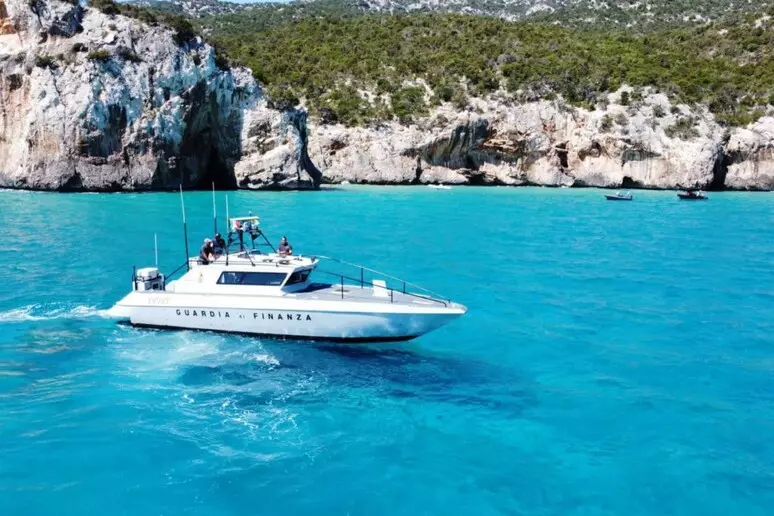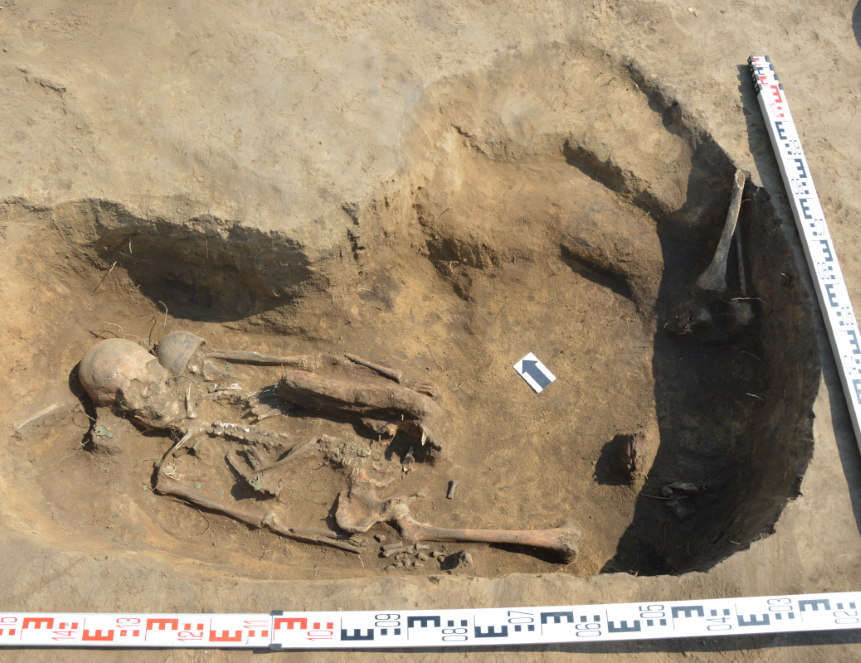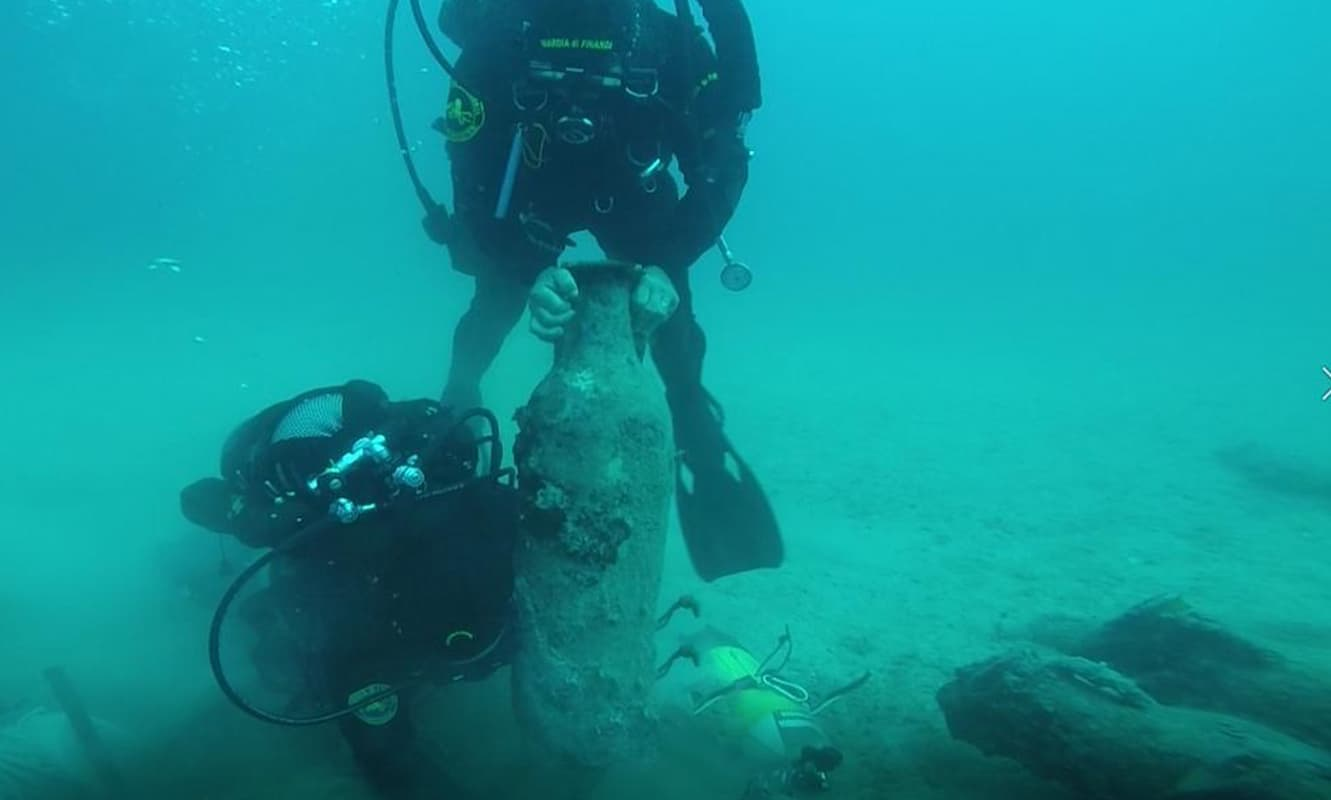THE ARCHAEOLOGIST EDITOR GROUP
The Lost City of Atlantis is a legendary island nation first mentioned by the ancient Greek philosopher Plato in his dialogues "Timaeus" and "Critias." According to Plato, Atlantis was a powerful and advanced civilization that existed around 9,000 years before his own time, or around 11,000 years ago. The city was said to be located beyond the "Pillars of Hercules," which is believed to be the Strait of Gibraltar, and was described as a utopia with advanced technology and a highly organised society.
Despite the fact that there is no concrete evidence to prove the existence of Atlantis, the story of the lost city has captivated the imaginations of people for centuries. Many historians, archaeologists, and explorers have searched for the lost city, but to no avail. However, that has not stopped theories and speculations from arising about where the city could have been located and what caused its downfall.
One theory suggests that Atlantis was located in the Mediterranean, possibly on the island of Santorini in Greece. This theory is based on the fact that Santorini experienced a massive volcanic eruption around 1,600 BCE, which could have caused the destruction of any civilization on the island. Additionally, the island of Crete, which is located just south of Santorini, was home to the Minoan civilization, which was a highly advanced society that existed around the same time period as Plato's Atlantis.
Another theory suggests that Atlantis was located in the Atlantic Ocean, possibly on the island of Antillia, which is located off the coast of Portugal. This theory is based on the fact that the name "Atlantis" is derived from the Greek word "atlantis," which means "island of Atlas." Furthermore, the island of Antillia is said to have been sighted by ancient navigators, who referred to it as the "Island of Seven Cities."
Yet another theory suggests that Atlantis was located in the Americas, possibly in the region of South America or Mexico. This theory is based on the fact that ancient civilizations such as the Maya and the Inca developed advanced societies in these regions around the same time period as Plato's Atlantis. Furthermore, some ancient texts from these civilizations make reference to a great flood, which could have been the cause of the destruction of Atlantis.
Despite the different theories and speculations, there is no concrete evidence to prove the existence of Atlantis or to determine its exact location. Nevertheless, the story of the lost city continues to fascinate people and inspire new theories and speculations.
In conclusion, the lost city of Atlantis is a mystery that has captivated people for centuries. The story of a powerful and advanced civilization that existed thousands of years ago, and then vanished without a trace, is intriguing and leaves a lot of room for speculation. While there is no concrete evidence to prove the existence of Atlantis, the various theories and speculations about its location and downfall make for an interesting and ongoing debate. Whether or not Atlantis truly existed, the story of this lost city will continue to inspire people to seek the truth and explore the mysteries of the past.




